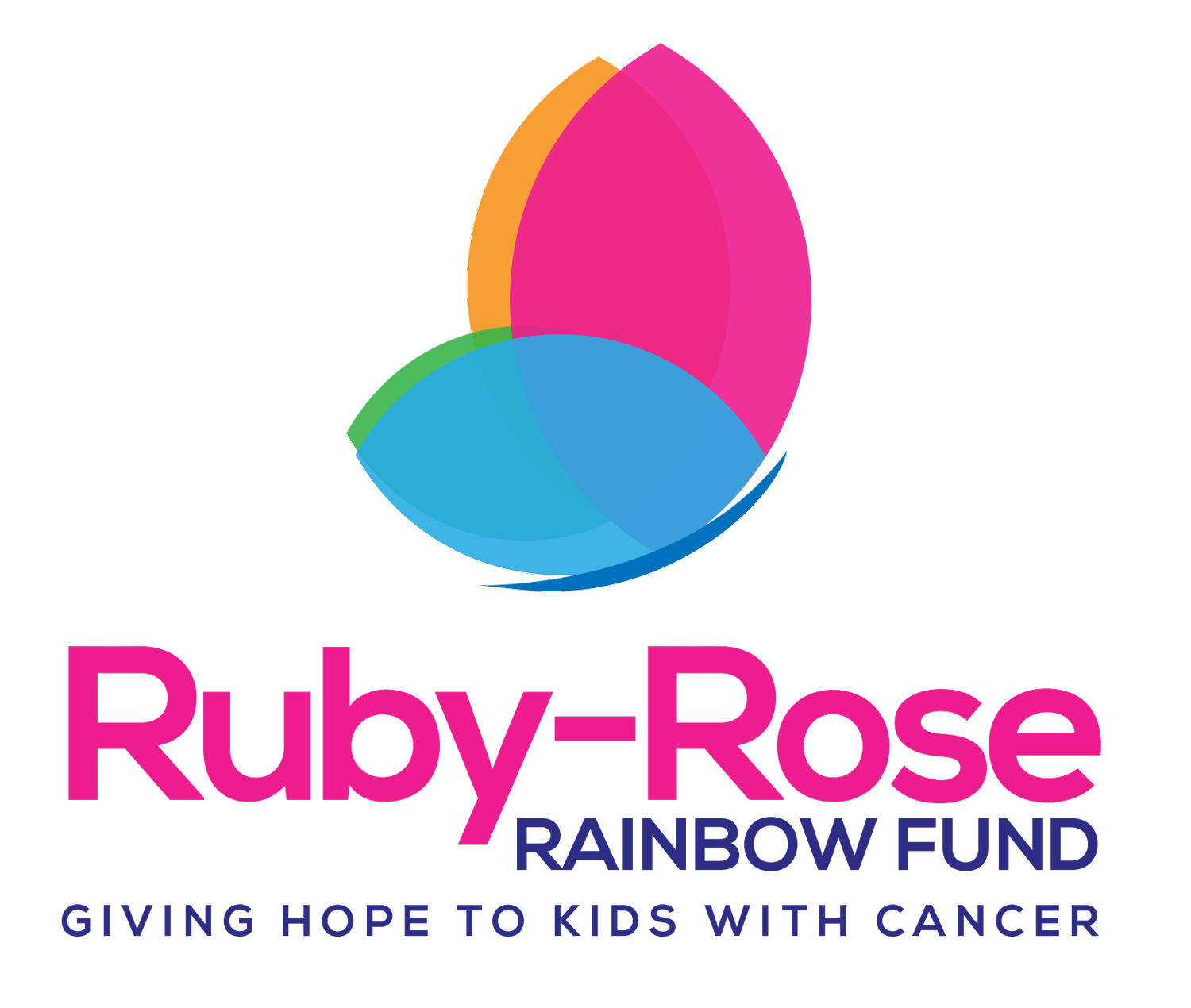Child cancer specialist on a mission
Elijah Amoah. Photo / Mark Mitchell
Dr Andrew Wood has won many battles in his war against child cancer, but says it's those he has lost now driving him towards new treatments in a cutting-edge research programme.
The paediatric haematologist-oncologist has returned home from the United States' top-ranked children's hospital to lead a major effort targeting a type of cancer where only 60 per cent of children diagnosed with it are cured.
Those who do survive acute myeloid leukaemia, or AML - a cancer typified by an increased number of abnormal white blood cells, called myeloid cells - have to endure intensive chemotherapy and sometimes stem cell transplants.
Speaking to the Herald ahead of the Red Nose Day appeal on Friday, the former Fulbright scholar said his mission was to not only find potential cures for the disease, but also therapies that are more gentle.
Taking what he's learned from seven years at the renowned Children's Hospital of Philadelphia, his small team at the University of Auckland are now putting together genetic models of AML they hope could ultimately yield the disease's Achilles heel.
"There has been an explosion of knowledge cataloguing all of the different types of mutations in cancer, but our understanding of how those different mutations work and how they co-operate - that's what we are only just beginning to catch up on."
His team are taking cancer cells from patients and genetically modifying them to help understand how these mutations work together to cause disease and resist current treatments.
They are also introducing them into tropical zebra fish, which have proven valuable to scientists because they develop blood in a similar way to humans.
"If you study things just in a petrie dish, it's often got no chance of working in something as complex as a human being - yet this approach offers us a way to make genetic alterations and examine the mutations' consequences in real life."
Dr Wood expected the first models would be ready for testing within a year, but added there was no timeframe on the programme itself.
"There are so many different sub-types of cancer we need to model that there is going to be a continual flow of building models and testing them."
Within a decade, he hopes patients will be treated with a broader range of options instead of relying largely on chemotherapy.
"I think things are particularly going to expand in the classes of small molecules that we use to inhibit biological circuits, and we are going to see big expansions in therapies that harness the immune system.
"All of that is going to be coupled with a much deeper understanding of the genetic complexity of each person, and the ultimate ideal is we will be able to better individualise different aspects of therapy."
Today, leaps in basic science knowledge were being made faster than they could be applied, and Dr Wood hoped what his team discovered could help translate these medical discoveries into better treatments.
Dr Wood is also a clinician at Starship Children's Hospital in NZ.

